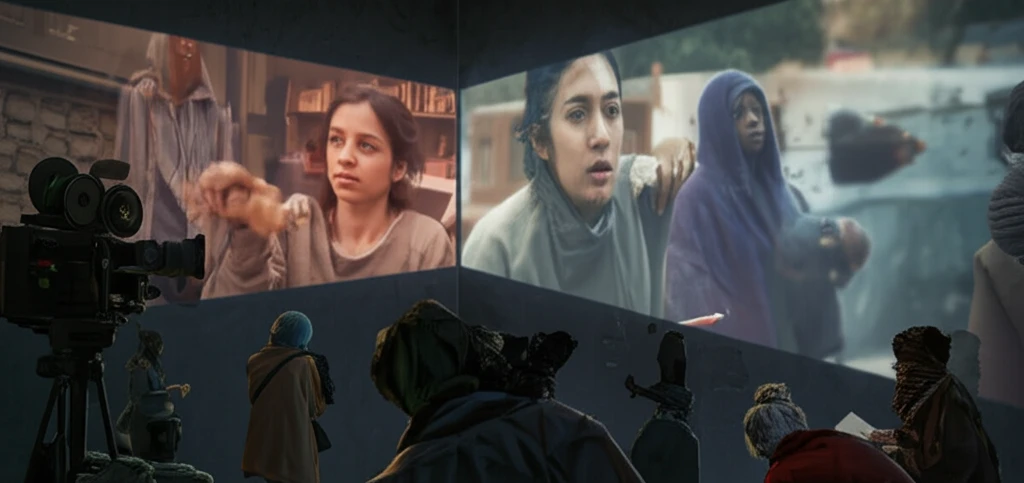
The Power of Film: Can Documentaries Spark Social Change?
"Exploring the activist role of filmmakers in documenting human rights abuses and promoting justice."
Documentary films have long served as powerful tools for exposing injustice, promoting empathy, and inspiring social change. Filmmakers often take on the role of activists, using their craft to shed light on human rights abuses, challenge dominant narratives, and advocate for a more just world. This article delves into the activist role of filmmakers, particularly focusing on those who document the aftermath of genocide and human rights violations.
The power of film lies in its ability to connect with audiences on an emotional level, fostering understanding and empathy for victims of violence and oppression. By giving voice to marginalized communities and challenging official accounts, filmmakers can spark public debate, mobilize action, and contribute to a more informed and engaged citizenry.
This exploration will consider the ethical complexities that arise when filmmakers engage with perpetrators of violence, the strategies they employ to gain access and elicit testimony, and the potential consequences of their work for both victims and perpetrators. By examining specific case studies, we can gain a deeper understanding of the impact of documentary filmmaking as a form of activism.
How Can Filmmakers Document Human Rights Abuses?

Filmmakers documenting human rights abuses often face significant challenges, including navigating political sensitivities, ensuring the safety of participants, and grappling with the ethical implications of their work. They must make difficult decisions about how to represent violence, protect the anonymity of vulnerable individuals, and balance the desire for objectivity with their own personal beliefs and values.
- Building Trust with Victims: Establishing a safe and supportive environment where victims feel comfortable sharing their stories.
- Ethical Considerations: Balancing the need to expose injustice with the responsibility to protect vulnerable individuals.
- Representing Violence: Making decisions about how to depict violence without sensationalizing or exploiting trauma.
- Challenging Official Narratives: Presenting alternative perspectives that counter dominant accounts and expose hidden truths.
Can Film Spark Action for Justice?
While documentaries alone cannot solve complex social and political problems, they can play a vital role in raising awareness, promoting dialogue, and inspiring action. By giving voice to the marginalized, challenging official narratives, and fostering empathy for victims of violence, filmmakers can contribute to a more just and equitable world. The impact of their work may not always be immediately apparent, but over time, documentaries can shift public opinion, influence policy decisions, and empower communities to fight for their rights.
